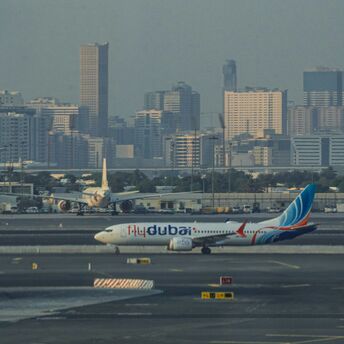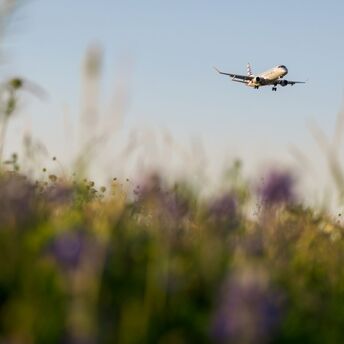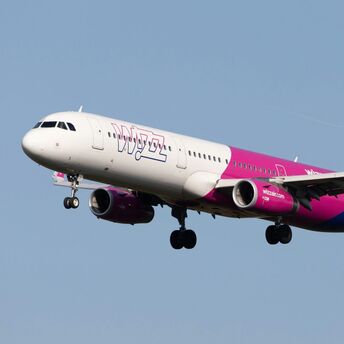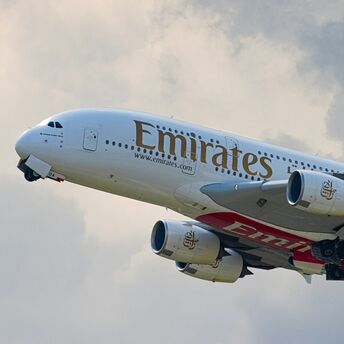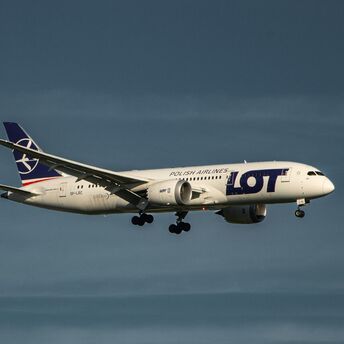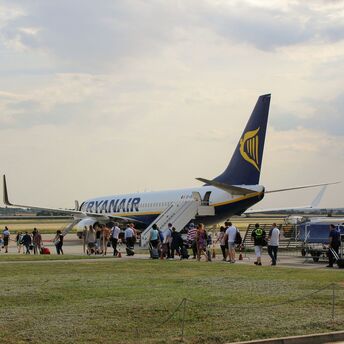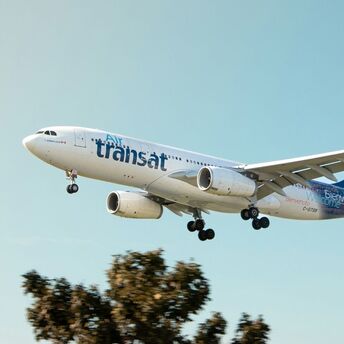Finnair's August 2024 Performance: What Travelers Should Know

In August 2024, Finnair recorded a significant increase in passenger numbers, carrying 1,062,400 travelers, reflecting a 9.5% rise compared to August 2023. This growth is tied to the airline's expanded capacity, with Available Seat Kilometres (ASK) up by 9.3%, mainly due to increased flights in Asia and the end of wet lease agreements with British Airways earlier in the year. Finnair’s collaboration with Qantas also contributed to an overall 10.9% increase in capacity, improving its international reach.
For travelers, this capacity expansion translates into more flight options, especially with new routes to Tokyo, Osaka, and Nagoya in Japan, along with additional frequencies to Dallas in North America. This could lead to better flight availability, more competitive pricing, and increased flexibility for planning trips to these popular destinations. In Europe, a significant 11.8% increase in ASK offers improved connectivity within the continent, giving travelers more options when booking intra-European flights.
Domestically, Finnair’s ASK saw a 16.9% increase, providing better access to regional destinations within Finland. However, the airline reduced its Middle Eastern capacity by 5.1% due to the temporary suspension of flights to Israel. This means fewer options for those planning trips to that region. Despite overall growth, the Passenger Load Factor (PLF) dropped slightly to 78.6%, suggesting that some flights may have more availability for last-minute bookings.
Cargo operations also experienced notable growth, with an 11.5% rise in total cargo tonnes transported, driven by an increase in demand across most regions, excluding the Middle East and domestic routes. This cargo growth reflects the airline's expanding role in freight, which may indirectly benefit travelers by enhancing overall operational efficiency.
While Finnair's on-time performance dipped slightly due to air traffic restrictions across Europe, with 76.7% of flights arriving on time, this is still a reasonable rate considering the ongoing challenges in European airspace. Travelers should remain mindful of potential delays but can generally expect a reliable travel experience.



